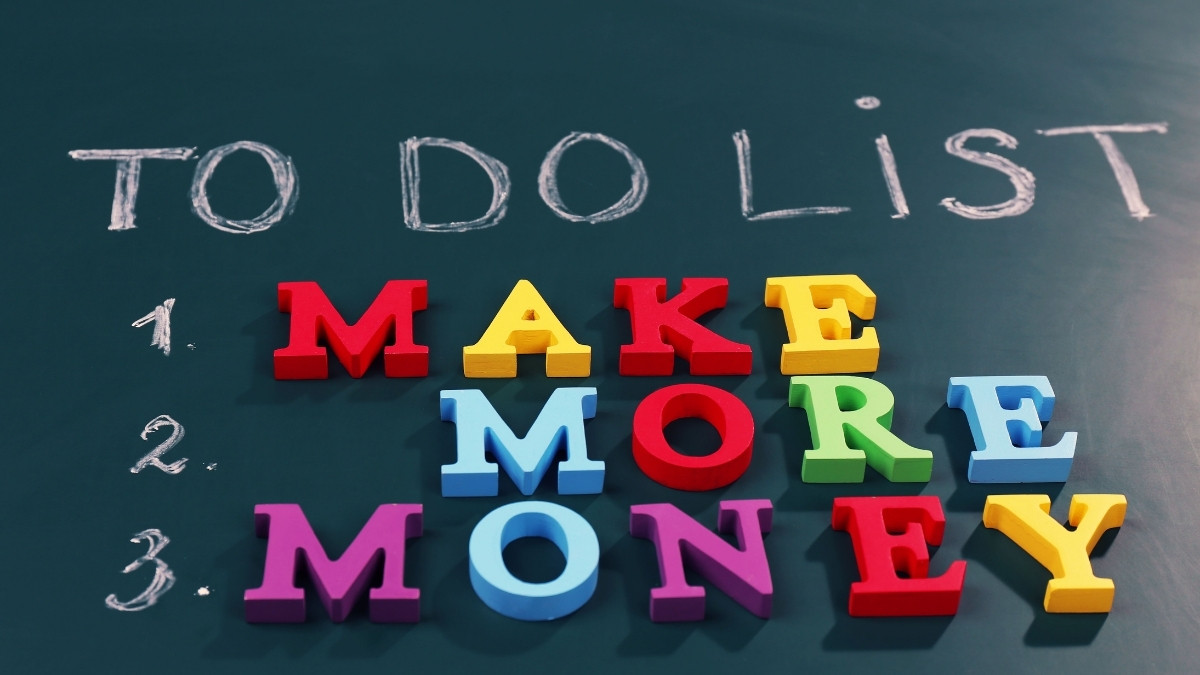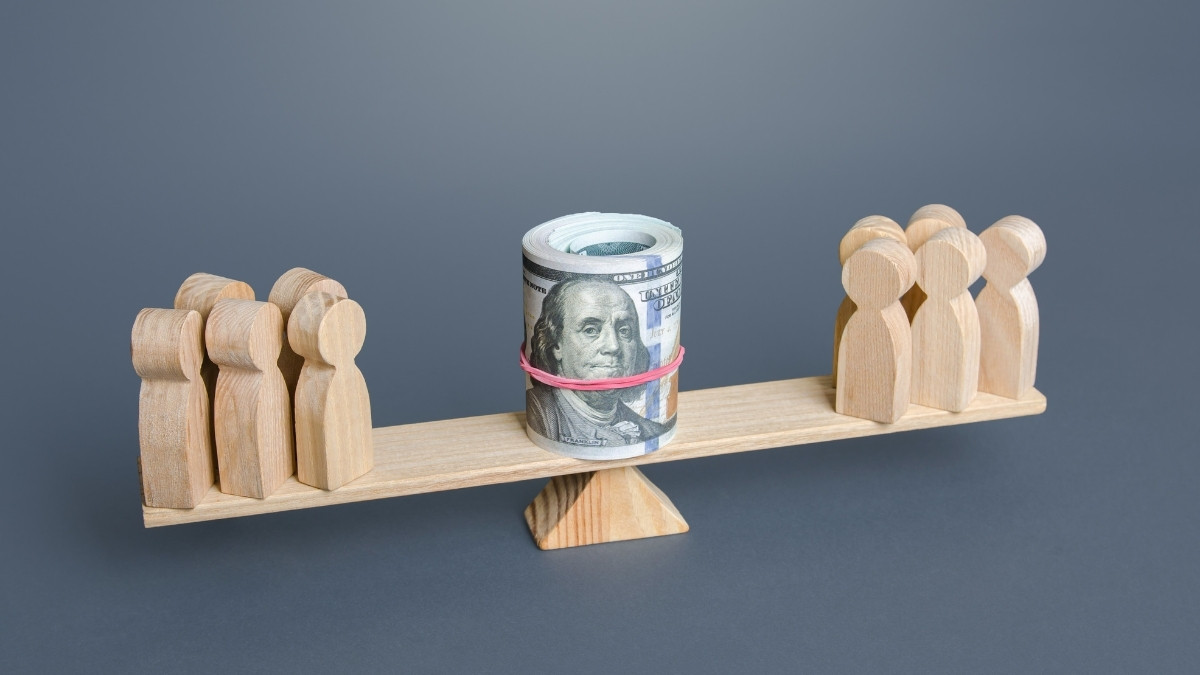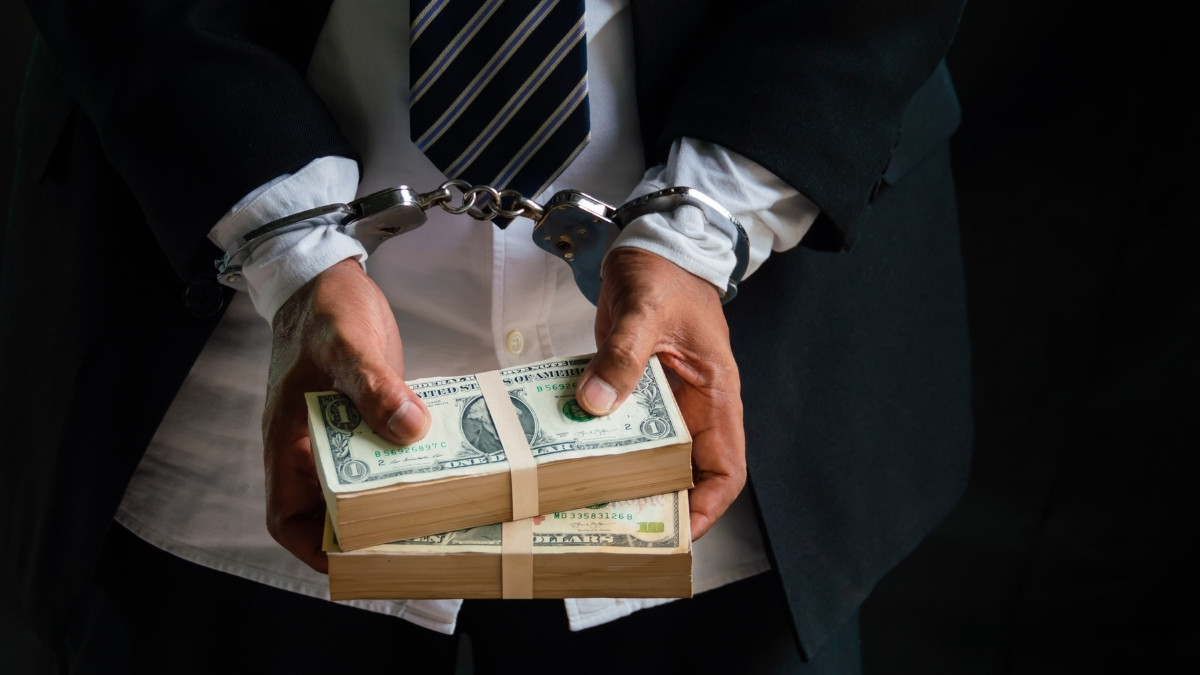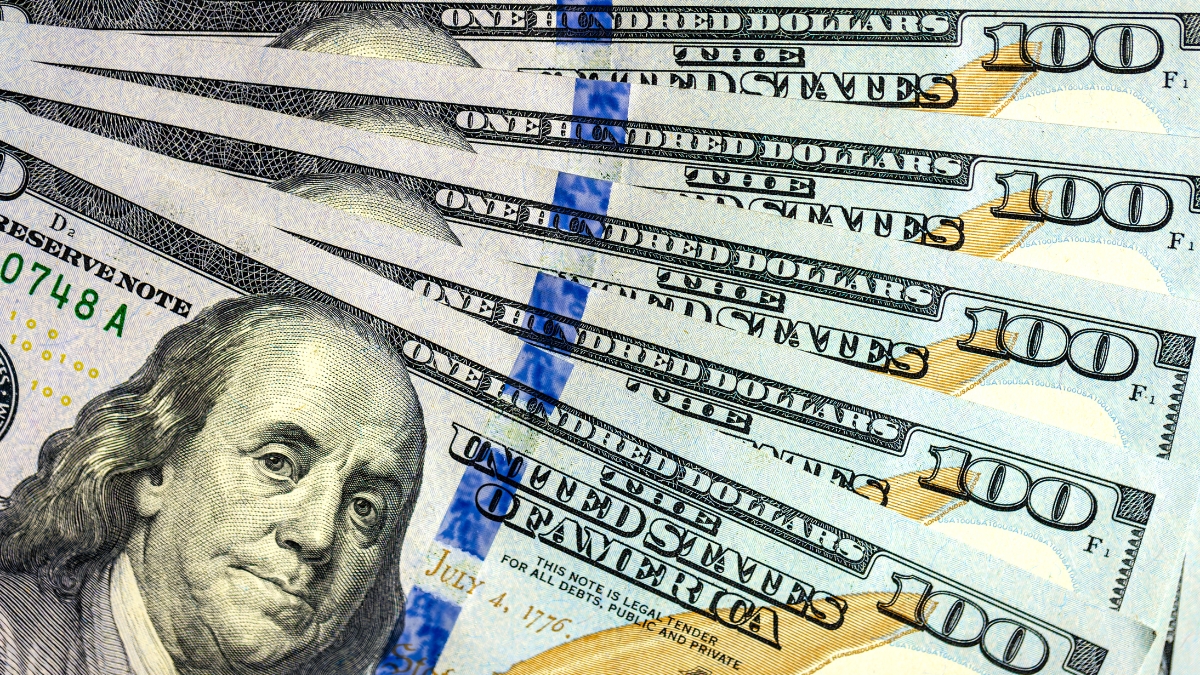Jason earns $75,000 a year but lives paycheck to paycheck, while his colleague Mark saves 20% on a $50,000 salary. The difference isn’t their income—it’s their money script.
Most financial advice focuses on budgets and tactics, but ignores the unconscious money beliefs that drive our behavior. Your money mindset, formed in childhood, secretly controls every financial decision you make.
In this guide, you’ll discover the four core money scripts that control financial behavior, learn to identify which script dominates your thinking, and get practical steps to rewrite limiting financial beliefs with real examples of how these unconscious money beliefs play out daily.
🧠 Identify Your Money Script
Discover the hidden beliefs controlling your financial decisions
- Feel guilty when you have money?
- Think rich people are greedy?
- Avoid checking bank balance?
- Believe money solves problems?
- Work extra hours for wants?
- Feel like never enough money?
- Buy things to impress others?
- Feel ashamed when can’t afford?
- Judge people by possessions?
- Feel anxious about spending?
- Save but never enjoy money?
- Think money talk is rude?
💡 Quick Self-Assessment
Rate each statement (1=Never, 5=Always)
Money Script #1: Money Avoidance – ‘Money Is Bad

The Hidden Belief That Destroys Your Wealth
Do you feel guilty when you spend money on yourself? Does the idea of investing make you uncomfortable? You might have what experts call “money avoidance.”
This money script affects 15% of people. It’s the belief that money is bad, corrupts people, or makes you greedy.
What Money Avoidance Looks Like in Real Life
People with this script share common behaviors. They underspend on everything, even necessities. They avoid financial planning because it feels wrong. They feel shame about wanting more money.
Sarah, a teacher from Ohio, won the lottery twice. Both times, she gave most of it away immediately. “Keeping it felt like gambling,” she said. “Good people don’t need much money.”
This sounds noble. But Sarah still works three jobs to pay rent.
Where These Beliefs Come From
Most money avoidance starts in childhood. Religious families often teach that “money is the root of all evil.” Parents say things like “we can’t afford that” or “rich people are selfish.”
Cultural sayings make it worse:
- “Money doesn’t buy happiness”
- “The best things in life are free”
- “It’s better to give than receive”
These aren’t wrong. But when taken too far, they create financial self-sabotage.
How This Script Ruins Your Financial Future
Money avoidance keeps you poor in three ways:
First, you won’t build wealth. If money is bad, why would you try to get more? You avoid investing, negotiating salary raises, or starting businesses.
Second, you make bad money decisions. You might choose the cheapest option instead of the best value. You don’t research purchases or compare prices properly.
Third, you create money stress. Avoiding financial planning means you’re always behind. You have no emergency fund. Retirement feels impossible.
The Real Cost of Money Shame
Mark, a social worker, refused his grandfather’s inheritance. “I didn’t want blood money,” he explained. The $50,000 could have paid off his student loans. Instead, those loans will cost him $80,000 over 20 years.
His grandfather worked hard and saved that money. Mark’s avoidance turned a gift into a burden.
Breaking Free Starts with One Truth
Money is a tool. Like a hammer, it’s not good or bad. It depends how you use it.
Rich people aren’t automatically evil. Poor people aren’t automatically good. Money just gives you more choices.
The goal isn’t to love money. It’s to stop fearing it. When you do that, you can finally build the financial security your family deserves.
Your money avoidance might feel moral. But keeping yourself poor doesn’t help anyone.
Money Script #2: Money Worship – ‘Money Solves Everything’

Do you lie awake thinking about money problems? Maybe you believe that if you just made more, everything would get better. Your stress would disappear. Your relationships would improve. You’d finally be happy.
You’re not alone. And you’re not crazy. But you might be stuck in what experts call “money worship.”
What Is Money Worship?
Money worship is a deep belief that money solves everything. People with this mindset think cash is the magic cure for all life’s problems.
They believe more money equals more happiness. Always.
This affects about 25% of people. That’s 1 in 4 adults who think money is the answer to everything.
How Money Worship Shows Up in Your Life
You might be a money worshipper if you:
Overspend constantly. You buy things you can’t afford because you think they’ll make you happy.
Work all the time. You sacrifice sleep, family time, and health for more income.
Pile up debt. You use credit cards and loans to fund your lifestyle, thinking you’ll pay it back when you make more.
Feel anxious about money. Even when you have enough, it never feels like enough.
Why More Money Doesn’t Actually Help
Here’s the truth that might shock you: Research shows happiness from income stops growing at around $75,000 per year.
Make $50,000? You’ll be happier at $75,000.
Make $75,000? You won’t be much happier at $150,000.
This happens because of something called the hedonic treadmill. You get used to having more money. What once felt amazing becomes normal. So you need even more to feel good again.
It’s like chasing your own shadow. You never catch it.
Real People, Real Problems
Take Sarah, a marketing director making $120,000 per year. She has $45,000 in credit card debt and no savings.
Why? Every raise meant a lifestyle upgrade. New car. Bigger apartment. Designer clothes. She thought more money would make her feel successful.
Instead, she feels trapped. Despite earning more than most people, she’s broke every month.
Sarah’s story isn’t unique. High earners often have the worst debt problems because they can qualify for bigger loans.
The Financial Chaos This Creates
Money worship doesn’t create wealth. It destroys it.
You spend tomorrow’s money today. Credit cards max out. Savings accounts stay empty. Retirement gets pushed back.
The cruel irony? The more you chase money for happiness, the less financial security you actually have.
Your good intentions backfire. You wanted money to solve your problems, but it created bigger ones.
The Bottom Line
Money is a tool, not a cure. It can buy comfort and security, but it can’t buy lasting happiness or fix relationship problems.
If you recognize yourself in this, you’re not broken. You just learned the wrong lesson about money somewhere along the way.
The good news? You can learn a better way.
Money Script #3: Money Status – ‘Money Equals Worth’

Do you check your bank balance and feel like a failure? You’re not alone.
Many people believe their net worth equals their self-worth. This is Money Script #3, and it’s destroying financial lives across America.
The Dangerous Math in Your Head
Here’s how this script works in your mind:
More money = I’m a better person Less money = I’m worthless Expensive things = I matter
This thinking seems logical. Society tells us successful people have nice things. But this belief creates a trap.
You start buying things to prove your worth. The designer handbag. The luxury car. The expensive dinner you can’t afford.
How This Shows Up in Real Life
People with this money script do three things:
They keep up appearances. You buy name brands even when cheaper options work just as well. You hide your real financial situation from friends and family.
They spend for status. Every purchase becomes about what others think. You choose restaurants, clothes, and cars based on how they look to others.
They keep money secrets. You lie about prices. You hide debt. You pretend everything is fine while your credit cards max out.
Social Media Makes This Worse
Instagram and Facebook feed this script every day. You see friends’ vacation photos and feel pressure to book your own trip. You see their new car and suddenly yours looks old.
But here’s what you don’t see: the credit card bills. The loans. The stress behind those perfect photos.
Research shows 30% of people make purchases just to impress others. That’s one in three Americans spending money they don’t have for likes and comments.
The Real Cost of Playing This Game
Consider Sarah, a marketing professional who spends 40% of her income on her image. Designer clothes, expensive car payments, and fancy dinners drain her paycheck.
She looks successful. But she has no emergency fund. No retirement savings. She’s one job loss away from financial disaster.
The average American carries $6,194 in credit card debt. Much of this comes from status spending.
Why This Never Works
Here’s the truth: buying things for status never makes you feel worthy for long. You get a temporary high, then need the next purchase.
You end up broke and still feeling worthless.
Your worth isn’t your net worth. Your value as a person has nothing to do with your bank balance or your possessions.
Real confidence comes from financial security, not expensive things.
Money Script #4: Money Vigilance – ‘Money Should Be Saved’

Do you feel guilty every time you spend money on yourself? Does buying anything beyond basic needs make your stomach hurt? You might be stuck in Money Script #4: Money Vigilance.
What Money Vigilance Really Looks Like
People with money vigilance believe one thing above all else: money should be saved, not spent. They see most spending as wasteful or wrong. About 15% of people have extreme money vigilance that controls their daily choices.
This isn’t just being careful with money. It’s deeper than that.
The Core Belief That Drives Everything
Money vigilant people think spending equals failure. They believe good people save money and bad people waste it. This belief sits in their mind like a guard dog, watching every dollar that tries to leave.
They often learned this as kids. Maybe their family struggled with money. Or maybe they heard “we can’t afford that” so much it became their truth.
How This Shows Up in Real Life
Money vigilance creates specific patterns you can spot:
Extreme frugality. They buy the cheapest everything, even when they can afford better. One millionaire studied by researchers wouldn’t buy a winter coat. He wore layers of old sweaters instead.
Anxiety about any spending. Even necessary purchases feel wrong. They’ll research a $20 item for weeks before buying it.
Difficulty enjoying money. They can’t relax and enjoy what they’ve earned. Fun feels like failure.
Hoarding cash. They save far more than needed for emergencies. Some have years of expenses saved but still feel broke.
When Saving Becomes a Problem
Healthy saving helps you sleep better at night. But money vigilance can wreck your life and relationships.
Studies show that extreme money vigilance causes fights with partners. One person wants to enjoy their hard-earned money. The other sees every purchase as a threat to security.
It also hurts quality of life. You work hard but never get to enjoy the rewards. Your kids might grow up thinking money is scary or evil.
Finding the Balance That Actually Works
The goal isn’t to stop saving. It’s to save smart without making yourself miserable.
Good saving has a purpose. You save for emergencies, goals, and peace of mind. But you also spend on things that matter to you and your family.
Money vigilant people need to practice spending small amounts on themselves. Start tiny. Buy the better coffee once a week. Upgrade one small thing in your life.
Remember: money is a tool, not a master. It should help you live better, not make you afraid to live at all.
💰 Your Money Scripts Revealed
The invisible forces controlling your wallet
(Most happen automatically)
(Often caused by harmful scripts)

